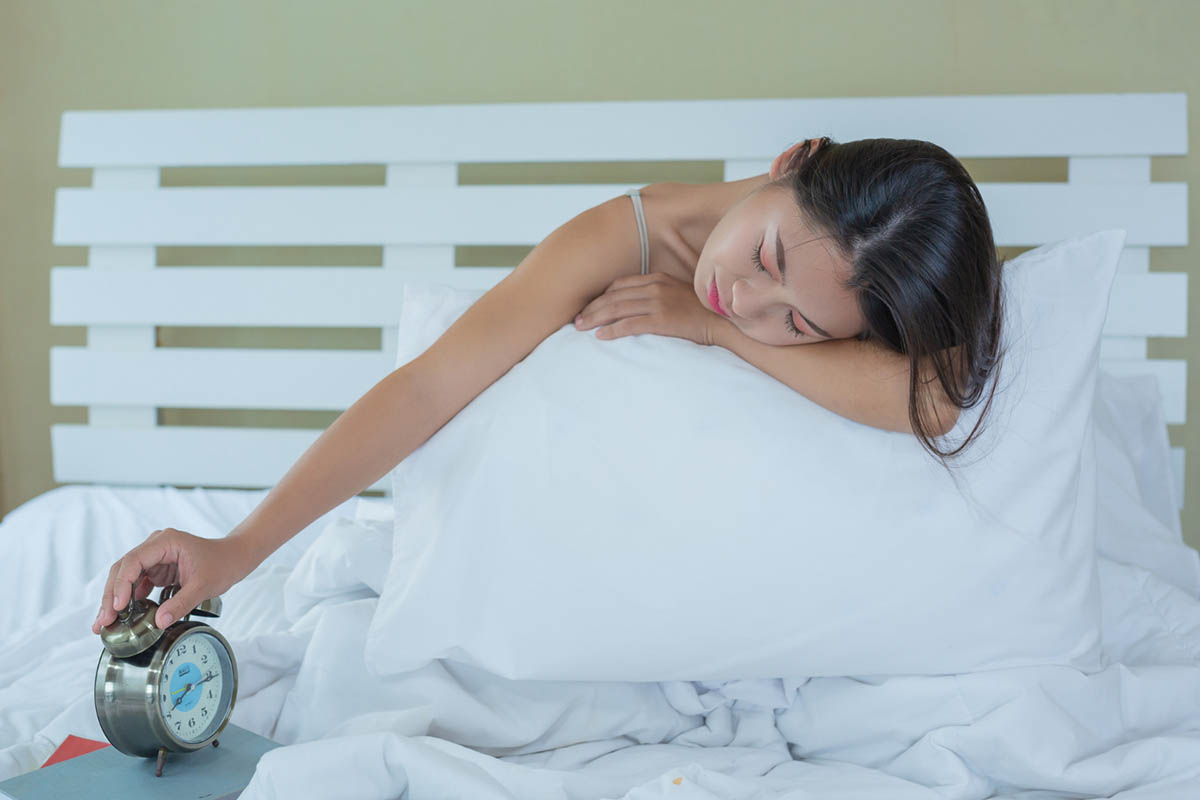Is Sleep More Important Than Exercise? Debunking the Myths and Exploring Health Priorities
In the realm of health and wellness, two pillars often stand out: sleep and exercise. Both are touted as essential components of a healthy lifestyle, but when it comes to prioritizing time and effort, many people find themselves wondering: Is sleep more important than exercise? Which is truly healthier? As a registered nurse specializing in holistic health and wellness at OrMobility Physical Therapy & Performance in Roseburg, Oregon, I’m here to debunk the myths and shed light on this age-old question.
Understanding the Importance of Sleep and Exercise
Before we delve into the debate, let’s first understand the significance of both sleep and exercise for overall health and well-being:
Sleep: Sleep is a fundamental physiological process that is essential for physical, mental, and emotional health. During sleep, the body undergoes repair, restoration, and rejuvenation, allowing for optimal functioning during waking hours. Adequate sleep is linked to improved cognitive function, mood regulation, immune function, and overall vitality.
Exercise: Physical activity is equally vital for health and wellness, with numerous benefits for the body and mind. Regular exercise helps maintain a healthy weight, strengthens muscles and bones, improves cardiovascular health, enhances mood, reduces stress, and promotes longevity.
The Importance of Balance
While both sleep and exercise are crucial for optimal health, it’s essential to recognize that they serve different purposes and cannot be directly compared. Instead of viewing sleep and exercise as competing priorities, it’s more helpful to consider them as complementary components of a well-rounded health regimen. Here’s why balance is key:
- Synergistic Benefits: Sleep and exercise have synergistic effects on overall health. Engaging in regular physical activity can improve sleep quality and duration, while adequate sleep supports energy levels, recovery, and performance during exercise.
- Individual Needs: The optimal balance of sleep and exercise may vary depending on individual factors such as age, health status, lifestyle, and personal preferences. Some individuals may require more sleep to feel rested and rejuvenated, while others may thrive on less sleep but prioritize physical activity.
- Quality Over Quantity: Both sleep and exercise are important, but the quality of each is equally crucial. It’s not just about the quantity of sleep or the intensity of exercise but also about the consistency, enjoyment, and overall well-being that each contributes to.
Finding Your Health Balance

Rather than viewing sleep and exercise as competing priorities, it’s helpful to approach health and wellness holistically, considering all aspects of lifestyle and self-care. Here are some practical tips for finding your health balance:
- Prioritize Consistency: Aim for consistency in both sleep and exercise habits by establishing regular routines that work for you. Set aside dedicated time for physical activity and prioritize winding down before bed to promote restful sleep.
- Listen to Your Body: Pay attention to your body’s signals and adjust your sleep and exercise routines accordingly. If you’re feeling tired or run down, prioritize rest and recovery. If you’re feeling energized and motivated, seize the opportunity to engage in physical activity.
- Focus on Quality: Instead of fixating on the quantity of sleep or exercise, focus on the quality of each. Strive to get restful, rejuvenating sleep each night and engage in physical activities that you enjoy and that make you feel good.
- Practice Self-Care: Incorporate other self-care practices into your routine, such as stress management techniques, nutritional support, and mindfulness practices. These complementary strategies can further enhance your overall health and well-being.
Conclusion: Embracing a Holistic Approach to Health
In conclusion, the debate over whether sleep is more important than exercise is a false dichotomy. Both sleep and exercise are essential components of a healthy lifestyle, each offering unique benefits for physical, mental, and emotional well-being. Instead of prioritizing one over the other, it’s important to embrace a holistic approach to health that incorporates both sleep and exercise, along with other self-care practices, to support optimal vitality and longevity. By finding your health balance and honoring your body’s needs, you can cultivate a lifestyle that promotes overall wellness and enhances your quality of life.


